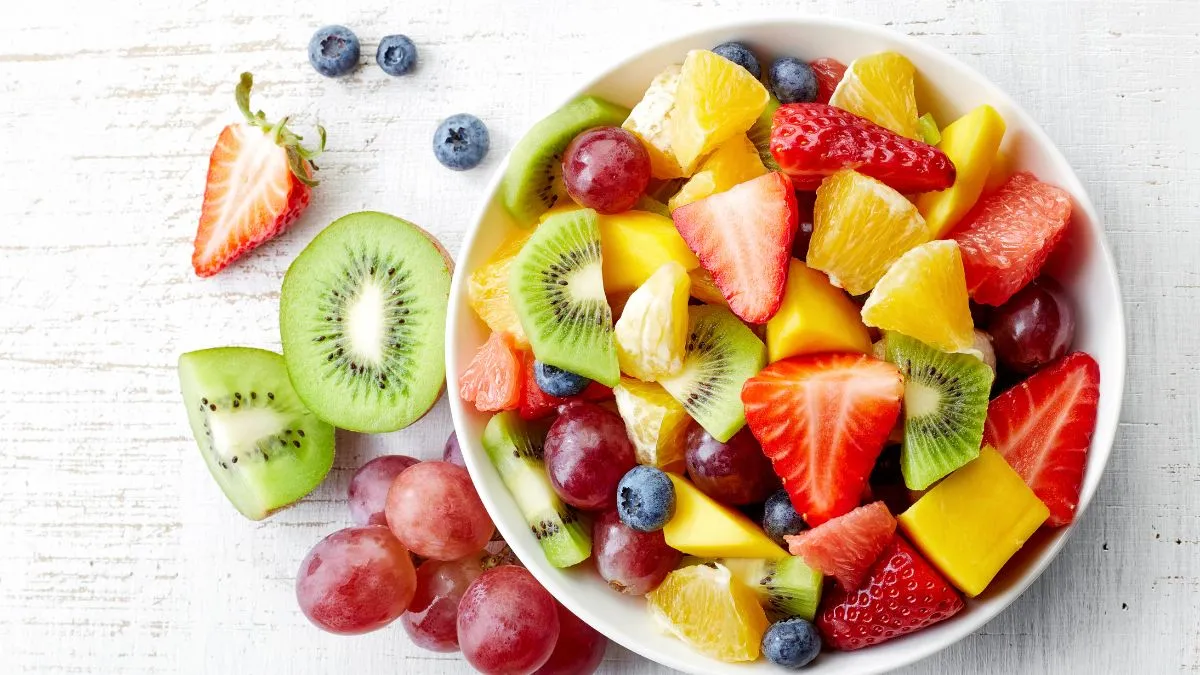- By Prerna Targhotra
- Sun, 09 Feb 2025 09:49 AM (IST)
- Source:JND
Worst Fruits For Weight Loss: Many people associate fruits with a healthy diet as they contain essential nutrients, fibre and antioxidants. However, not all fruits are as beneficial for weight loss as they seem. While fruits can be a nutritious part of your meals, certain varieties could work against your weight loss goals. This can happen because some fruits contain high levels of sugar which can trigger spikes in blood sugar and increase hunger, leading to overeating.
Also, certain fruits are calorie-dense which can cause you to consume more calories than intended. Here are 5 fruits that may be undermining your weight loss efforts if eaten in large amounts.
Worst Fruits For Weight Loss
Grapes
Just one cup of grapes contains around 100 calories and they are packed with natural sugars. Because grapes are small and sweet, it is easy to eat more than you intend, leading to excessive sugar intake and weight gain.
Bananas
If you are working on losing weight, you might want to limit your banana intake or opt for smaller ones. You could also try switching to fruits with lower sugar content like berries to keep your calorie and carb count in check.
Mangoes
-1739074743289.jpg)
Worst Fruits For Weight Loss (Image Credits: Canva)
Mangoes are loaded with nutrients and antioxidants but they are also high in natural sugars which can make them problematic for weight management.
Cherries
While cherries are low in fat and rich in fibre, they have a higher glycemic index than some other fruits, meaning they can cause a spike in blood sugar levels and lead to increased hunger soon after consumption.
Pineapple
The natural sugars in pineapple can cause rapid blood sugar increases, leading to spikes in hunger and cravings which could interfere with your weight loss goals.
ALSO READ: 5 Potential Reasons Why Women Should Practise Weight Training
ALSO READ: Quinoa vs Brown Rice: Which Is Healthier Alternative For Weight Loss?
(Disclaimer: This article is for informational purposes only. It is not a substitute for professional advice, diagnosis or treatment.)

